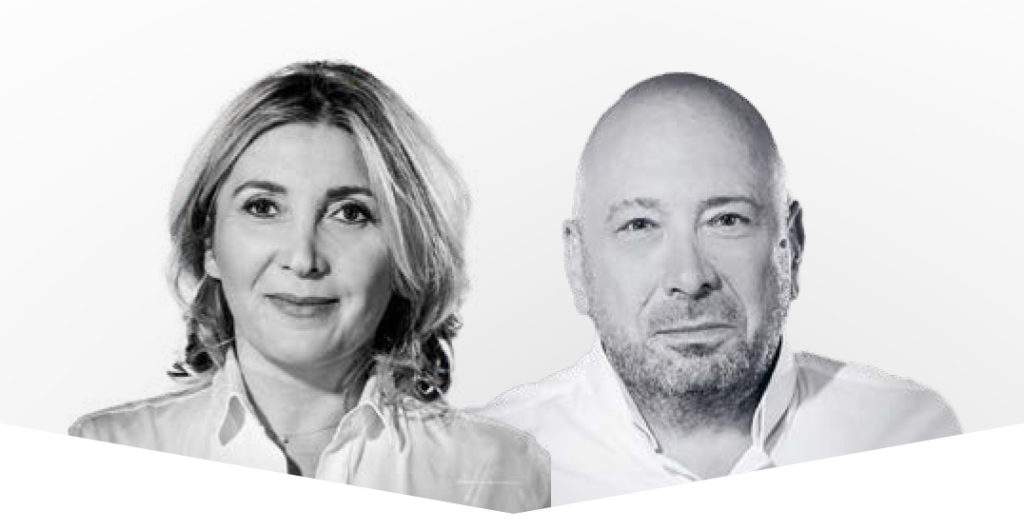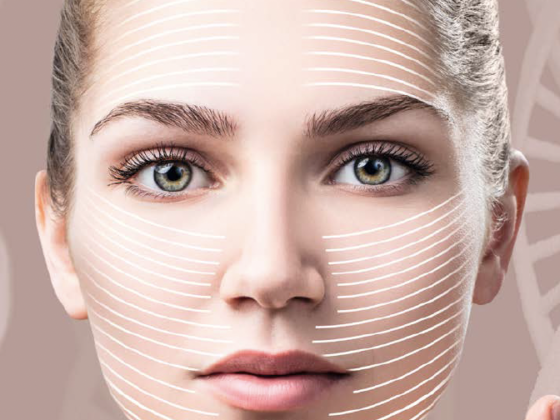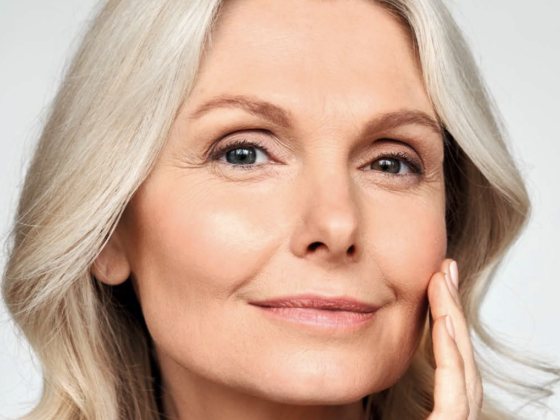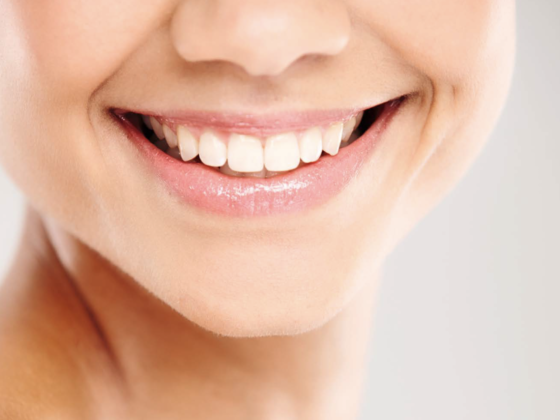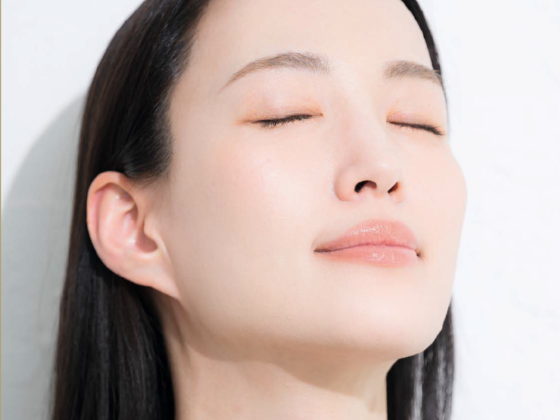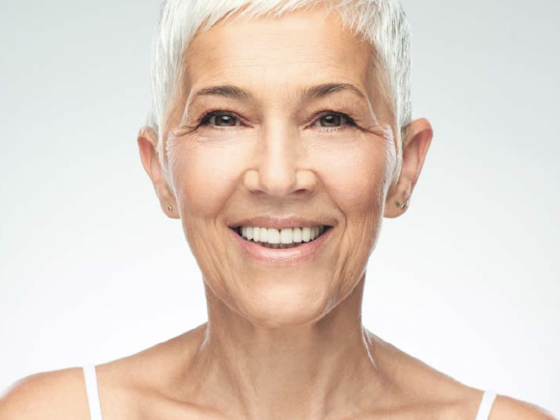Dr Isabelle Meurgey and Dr Alan Butnaru
In every one of our cells, we have small structures that are as discreet as they are vital: the mitochondria. They are often known as the cells’ “powerhouses” as, without them, no vital function would be possible. But these tiny powerhouses are also closely linked to our aging. Understanding them is the key to aging better.
A story as long as time
The mitochondria have fascinating origins. Over 1.5 billion years ago, a bacteria was “adopted” by another cell. Instead of digesting it, this cell formed an alliance with the bacteria. In exchange for a stable environment, the bacteria supplied the cell with energy. This ancestral pact is the origin of our modern-day cells. As proof of this historic union, the mitochondria have their own DNA, which is different to that of the cell’s nucleus, and is only transmitted down the mother’s side.

The central role of the mitochondria: producing energy
Our body transforms the nutrients we eat – glucose, fatty acids, amino acids – into a form of energy that can be used by our cells: ATP, which is vital to the functioning of all our bodily reactions. But, though our body produces around 30 to 32 ATP per glucose molecule, the vast majority (28 to 30 ATP) are produced by the mitochondria. Each cell can contain hundreds or even thousands of mitochondria, depending on its activity: the muscle, cardiac and brain cells contain particularly high numbers. But this energy process is not without consequence: it generates waste – free radicals – which, if they accumulate, can damage the cells and cause them to age more quickly.
When the mitochondria run out of steam, the body ages

As we age, our mitochondria become less efficient. Their ability to produce energy diminishes, they get damaged and they sometimes enter into a vicious cycle: they produce more free radicals, which damage them further.
This mitochondrial decline is today recognised as one of the key mechanisms of aging, and is connected with:
• Chronic fatigue
• Muscle loss
• Cognitive dysfunction
• Neurodegenerative diseases (like Alzheimer’s or Parkinson’s)
• Some metabolic and inflammatory illnesses
Looking at mitochondrial medicine for aging
Today, in functional and anti-aging medicine, the mitochondria have become a core target for therapies.
As yet, there are still no simple blood tests to tell us if our mitochondria are tired. But certain specialist tests, such as the organic acid test, give us a clear idea of their state of health.
By keeping our mitochondria healthy, we can preserve our vitality, delay the effects of aging, and, above all, stay full of energy with good mental clarity.
How to look after our mitochondria every day
Our mitochondria are sensitive, but they are also remarkably adaptable.
We can give them a boost through our nutrition:
• Vitamin B and magnesium: essential for ATP production
• Coenzyme Q10: essential for transporting electrons in the mitochondria
• Carnitine: helps fatty acids to enter the mitochondria
• Alpha-lipoic acid: a major antioxidant for the energy channels
• PQQ: stimulates the production of new mitochondria
There are also a few simple habits that can protect and stimulate the mitochondria:
• Daily exercise: brisk walking, cycling or swimming stimulate our production of new mitochondria. Even just 30 minutes per day makes a real difference.
• A balanced and healthy diet: our mitochondria like a balanced diet, rich in colourful vegetables and good fats, and low in fast sugars.
• Intermittent fasting: allowing your body to fast for 16 hours (for example, from 9pm to 1pm) helps the mitochondria to cleanse and renew themselves.
• Proper sleep: the mitochondria repair themselves during our deep sleep cycles.
• Natural antioxidants: berries, turmeric, green tea, raw cacao and green vegetables all neutralise the free radicals produced by the mitochondria.
• Stress management: cardiac coherence, walking in nature, meditation, etc.
These healthy habits are all key to preserving our vitality, mental clarity and longevity…cell by cell!
Dr Isabelle Meurgey: Doctor of anti-aging and aesthetic medicine. Graduate of the Rouen medical faculty. Has specialised in preventative and performance medicine since 1997. Permanent member of the French Society of Aesthetic Medicine.
More: docteurisabellemeurgey.com
Dr Alain Butnaru: Graduate of the Paris Medical Faculty. Aesthetic and Anti-Aging Medicine since 1985. Permanent member of the French Society of Aesthetic Medicine. Degrees in Morphological and Anti-Aging Medicine.
More: docteuralainbutnaru.com
